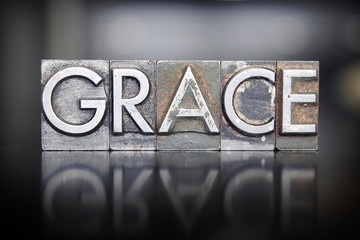
The cross of Christ is a powerful liturgical symbol and a place of power for our faith. While our modern choices frequently place the cross in church logos, bumper stickers, and jewelry, this core image has a rich history among followers of Christ. It is found in the construction of cathedrals, woven into liturgical blessings, and written into numerous hymns and songs of faith.
The image evokes memories of Jesus’ Crucifixion, recalling a depth of love poured out for the sake of the whole world. It reminds us of our need of the saving grace of God, and of Jesus’ call to, “take up our cross and follow him.” The cross symbolizes the protection of God and the consecration of our lives. It is a central image of the Christian faith. It is also a place of forgiveness, love, and power.
Once, only a gruesome form of tortuous Roman execution, the cross was given a new meaning as the Church celebrated the Resurrection by converting a symbol of death into one of new life. It grew to illustrate the profound grace and love of God in Jesus Christ, and a sign of victory over death. The church reflected the heart of God by taking what was ugly with evil and turning it into to something beautiful with love. There is power in the cross.

One compelling example of that power is equality. At the cross, all of us are equally in need of grace, and that grace is equally available to us all. No one is above, or below, anyone else. There are no dividing lines and divisions. No achievement or status can be claimed and invoked. Our past and experience may vary; our successes and failures radically different, but all of that falls away and the field is level at the foot of the cross. There, we are all equal in our need for, and access to, the grace of God.
Matthew Chapter 20 begins with Jesus telling a story about vineyard workers. These day-laborers get hired at various times throughout the day, and when the workday ends, everyone is paid equally. Of course, those who worked longer expected more and became dissatisfied and angry when those who started near the end of the day were treated equally. Those who put in a full day’s work received exactly what they were promised, but it seemed insufficient when compared to others.
We are accustomed to such comparisons, setting our lives against the lives of others. Many of us might find Jesus’ story unfair, and agree some laborers deserved more and others less. Grace and equality can be scandalous. When the playing field is leveled, those accustomed to the high ground feel robbed, while people on the fringe feel blessed and valued, even though everyone is treated equally.
Throughout Scripture, we are reminded God’s message of grace is not based upon merit. We do not get what we deserve, rather we receive what we need. Grace is never earned, it is given. We can only embrace what is offered. When we view grace in comparison to others, it begins to appear unjust, but when we experience grace in light of what we need, it becomes an amazing gift.
The cross may mean a different degree of grace for each person, but it means sufficient grace for everyone. In this simple, yet profound, symbol of faith we see the vast love of God poured out in enough grace for all the world.
Maybe it is time to stop comparing our journey with others, savoring instead the richness of God’s grace for our lives. When we understand that we are not shortchanged, but blessed, only then can we begin to become the agents of grace to others. When that happens, real equality begins, and that is the heart of the message of the cross.